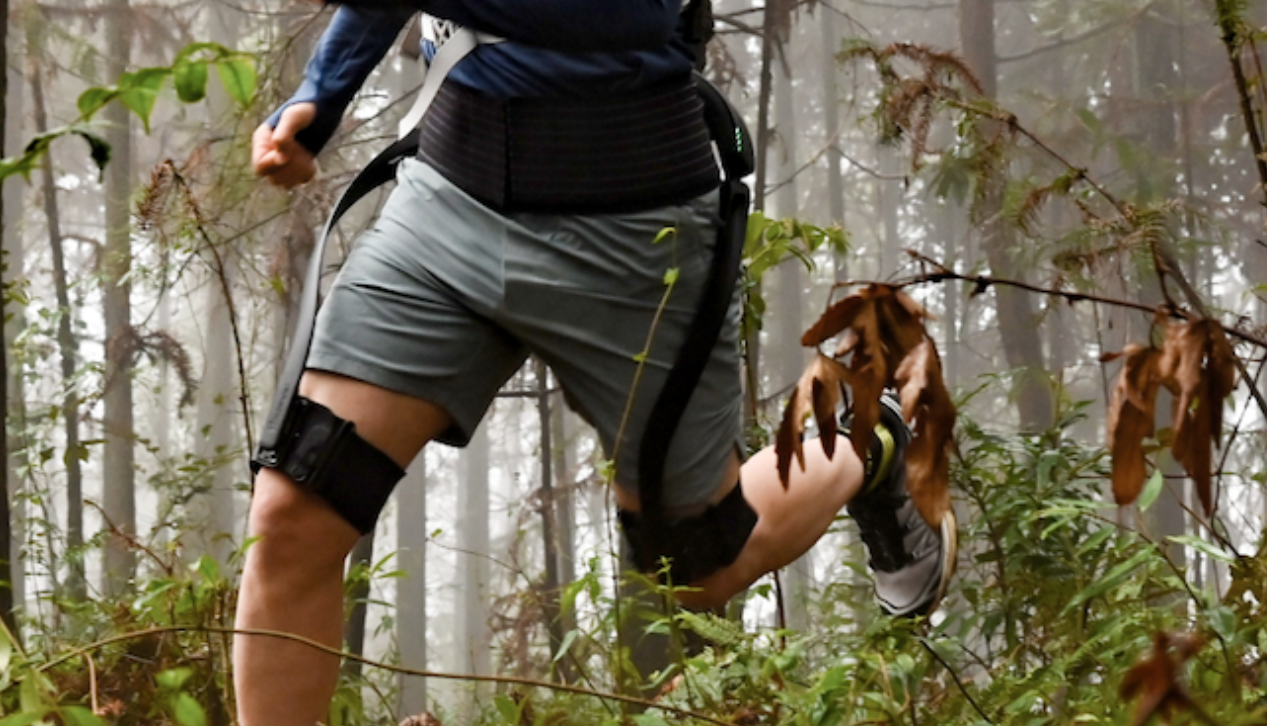
In anticipation of CES 2024, Shanghai-based exoskeleton company Hypershell, backed by Y-Combinator China, is gearing up to present its technological innovations in Las Vegas from January 9 to 12, 2024.
Founded in 2021, Hypershell has garnered support with more than 2,000 backers on Kickstarter, pledging $1.2m as of December 2023.

Access deeper industry intelligence
Experience unmatched clarity with a single platform that combines unique data, AI, and human expertise.
The company’s exoskeleton product, touted as smart and lightweight, caters to the needs of outdoor enthusiasts requiring additional support or those carrying heavy loads.
Hypershell’s mountain exoskeleton is designed for hiking, trail running, and mountaineering – but the exoskeleton is not FDA-approved and the company stresses the product is “not intended for medical use.”
The device could even exacerbate weakened areas of the body by causing undue stress, GearJunkie reported.
The wearable device offers a 25km battery range, a maximum speed of 20 km/h, and the ability to offset 30kg of weight through its one-horsepower mechanism and 14 artificial intelligence (AI) sensors adapting to users’ movements.

US Tariffs are shifting - will you react or anticipate?
Don’t let policy changes catch you off guard. Stay proactive with real-time data and expert analysis.
By GlobalDataEquipped with an AI-based motion engine, the exoskeleton adapts to the user’s movements, providing assistance with a maximum power of 800 W.
Hypershell claims it can alleviate the weight of a backpack, fatigue, high altitudes, slopes, and distance limitations.
According to GlobalData’s Thematic Intelligence: Robotics (2023) report, exoskeletons will be the fastest growing area within robotics, predicted to grow at a 39% CAGR between 2022 and 2030.
The exoskeleton market recorded revenues of $520m in 2023.
Industrial robot revenues, meanwhile, are forecasted to hit $23.8bn in 2023 and rise at a 10% compound annual growth rate between 2023 and 2030, according to research firm GlobalData.
Last month, Cambridge-based startup Verve Motion, a pioneer in developing robotic exoskeletons aimed at enhancing the capabilities of workers in physically demanding roles, raised £15m ($20m) in a Series B funding round.
Concerns have been raised about the widespread adoption of exoskeletons in the workplace. Issues such as privacy, given the constant tracking of movements, and the lack of long-term studies on the impact of exosuits on workers over ten years or more, present challenges.







